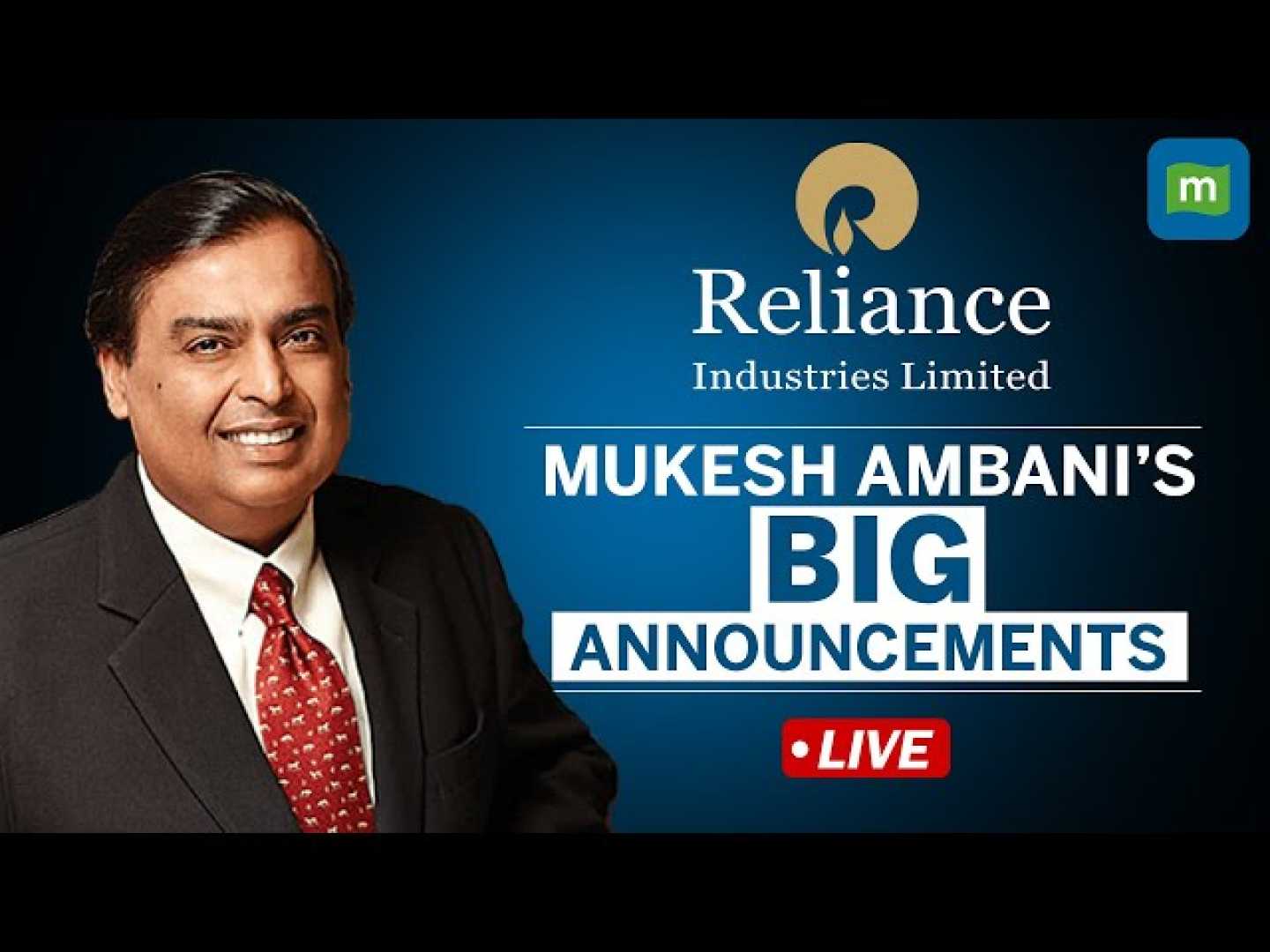Business
U.S. Tariffs on Indian Imports Spark Economic Concerns

Mumbai, India — Mukesh Ambani, India’s richest man and chairman of Reliance Industries, faces challenges as new U.S. tariffs threaten the country’s trade. The tariffs, imposed by the Trump administration, could impact about two-thirds of India’s $90 billion in annual exports to the U.S.
The tariffs are a response to India’s increased purchases of discounted Russian oil, which the U.S. aims to limit due to ongoing geopolitical tensions following Russia’s invasion of Ukraine. Ambani, whose company exports a significant amount of energy products to the U.S., does not expect Reliance to be as adversely affected since these energy exports are exempted from the tariffs.
In a recent address highlighting Reliance’s businesses, Ambani emphasized the company’s growth potential linked to India’s increasing consumer base. He touted partnerships with major U.S. firms including Google and Disney, who have invested heavily in Reliance.
“What is good for India is good for Reliance,” Ambani stated, underscoring the integration of his company’s fortunes with the country’s economic success. However, he also acknowledged the “urgent” need for India to strengthen its economic power amidst international pressures.
India’s plans to import more Russian oil have raised eyebrows in Washington. The country has sourced about 40% of its crude from Russia, a stark increase since the conflict began. Analysts estimate that the ongoing tariffs could lead to losses in U.S. imports worth tens of billions of dollars.
On Friday, Indian Prime Minister Narendra Modi expressed confidence in India’s economic resilience, encouraging citizens to prioritize locally made products as a response to the tariffs. Modi noted that the government would support small businesses and farmers to withstand external pressures.
Ambani’s influence with U.S. officials was also highlighted, as he attended meetings with Donald Trump and his family in the past. However, recent comments from U.S. officials suggest increasing scrutiny of India’s oil trade practices. Treasury Secretary Scott Bessent remarked on the dynamics of wealth among India’s richest families amid these trade discussions.
Analysts believe the full impacts of the tariffs will take time to materialize due to contractual delays in oil shipments. The overall trade relationship between the U.S. and India remains delicate as both nations navigate these economic strains.
Indian refiners, including Reliance, are concurrently increasing their crude oil purchases from the U.S. amid competitive pricing, potentially mitigating some impacts of the tariffs. Despite the complicated diplomatic landscape, companies like Reliance remain committed to diversifying their oil sources.
As India adapts to these changes, the ongoing trade negotiations and India’s energy strategy will be closely monitored by both governments and industry leaders.












